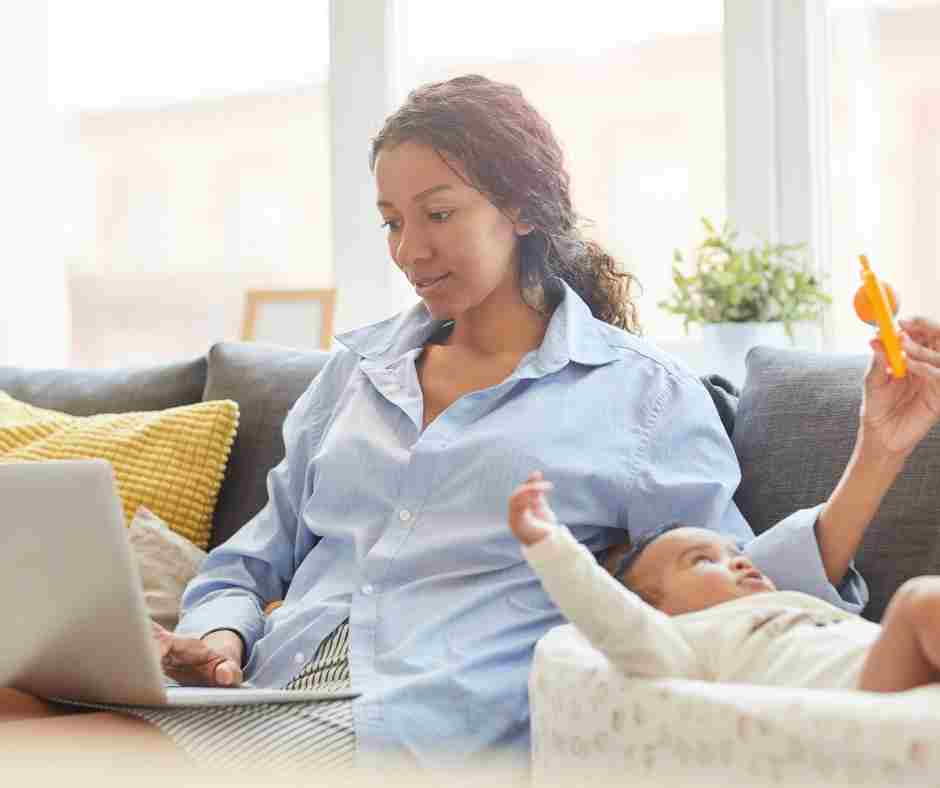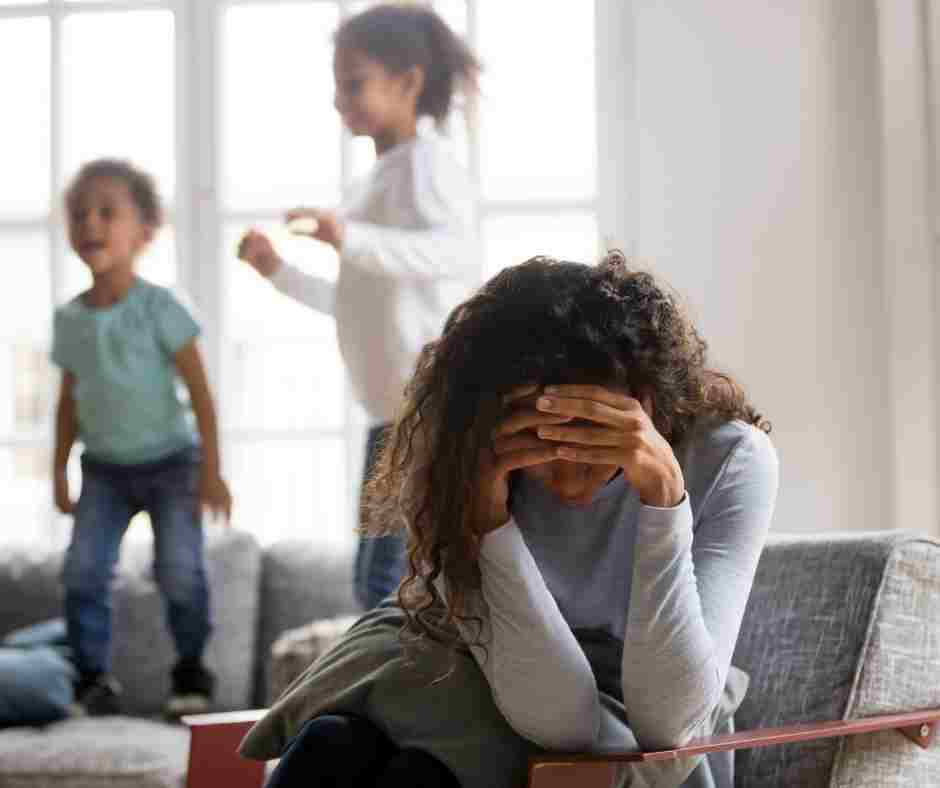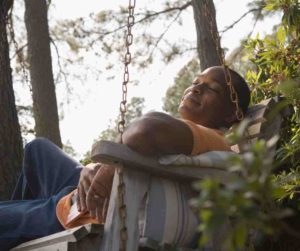Parenting Post #4: Staying Current NOT Consumed with Information
Everyone is seeking to remain up to date on information and news during the pandemic, but, we also ask ourselves, how do we stay informed and yet not spend what feels like all day consumed by fear and anxiety?
A first step we can do this is set limits. Just as you would limit a child’s screen time or junk food consumption, you must work on limiting your own consumption of news and social media. Neither channel will bring a sense relief; and we must remain wary of social media where opinions and hysteria often overtake factual information. Even the most sober of news channels will eventually make you panic. Set a plan for yourself, for example: read/listen in the morning, so that you are up on any new developments. Do not spend more than one hour maximum on this morning update. If you must get a midday update, make it a quick one and from a reputable source—no more than 15 minutes of scrolling allowed! In the evening, but not after dinner, you can allow yourself the evening news. Avoid viewing after dinner as it could heighten anxiety and impact the quality and quantity of your sleep. You need your energy for whatever the days send you, be it working and online schooling of children, grocery shopping, endlessly refreshing your browser for an Instacart delivery slot (in itself a highly stressful activity), cleaning, cooking, exercise, phone calls or FaceTimes with friends and family…etc.
Parents are doing a lot these days; shouldering this kind of load requires a great deal of energy. If your energy is spent (dare I say, wasted) on endlessly trying to process the news, you will have so little left for all of the responsibilities required and demanded of you. Additionally, it is important to determine a way to process the news without letting it affect your mood to excess. We can acknowledge there are many things to worry about, but you do a disservice to yourself and those around you by letting frustrations or fear color your relationships and interactions. Children will not understand why you appear angry at them, you’re not, but you are potentially reacting to their requests in an escalated way because of your anxiety.
Once you have taken the news in through ears or eyes, remember to ground yourself back in the reality of your home. A quick way to ground yourself is through a grounding exercise. These exercises allow the stimuli of your immediate surroundings to enter your consciousness and help you to, almost literally, “get out of your head.”
Here’s an easy one, which can be done in two ways:
5-4-3-2-1 Grounding Exercise:
Version 1: Choose a color and notice 5 blue (for example) things around you. Then go with 4 green things, 3 red, 2 yellow, 1 brown. So, for 5 blue items….notice a blue pen, blue wall, blue book cover, blue scissors, blue water glass.
Version 2: You can also do this with the five senses: 5 thing you can see, 4 you can hear, 3 you can touch, 2 you can smell, 1 you can taste (even if it’s just whatever your mouth feels like in the moment).
Allow the noticing to replace thinking, even if only for the duration of the exercise. This grounding technique is also mindfulness exercise, as it practically forces you to experience only the present moment.
During these turbulent, frightening, frustrating, and maybe even boring times, mindfulness is the best coping skill to hone. Focusing entirely on the present moment, not the overarching feelings of this era, but rather the very moment of time, can help. If you find something, like a lovely flower blooming outside your window, and you focus just on examining its shape, color, smell, you will feel a little tension melt away as you are grounded in the present moment.
For even more information & tools, see Claire’s webinar, Pandemic Parenting: Tools for Now & After. Join on May 12 at 3 PM or view recording.
Parenting Posts presented by Claire Brown, LSW
What are the Parenting Posts?
In these uncertain times, when everyone was quickly forced to juggle work from home roles, remote learning responsibilities, heightened anxiety about keeping your family nourished and healthy, on top of personal fear of the unknown landscape of life during coronavirus, parenting challenges have been augmented. We are introducing weekly Parenting Posts which will provide helpful information, skills and support for those in parenting roles – during the global health crisis and beyond. The obstacles faced by someone in the parental role did not begin during coronavirus and will not end with the outbreak, and this weekly blog will provide long lasting skills.







